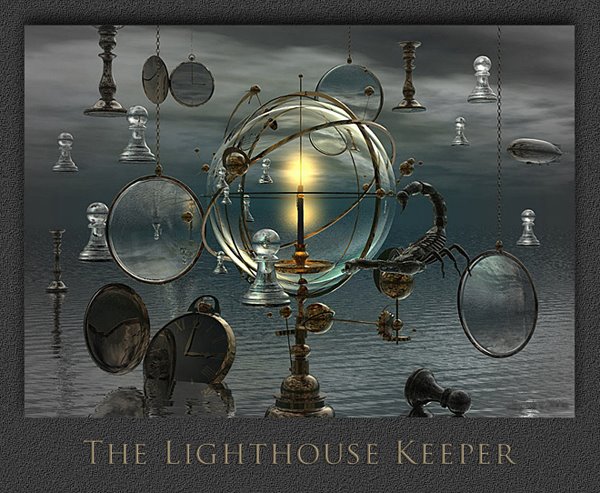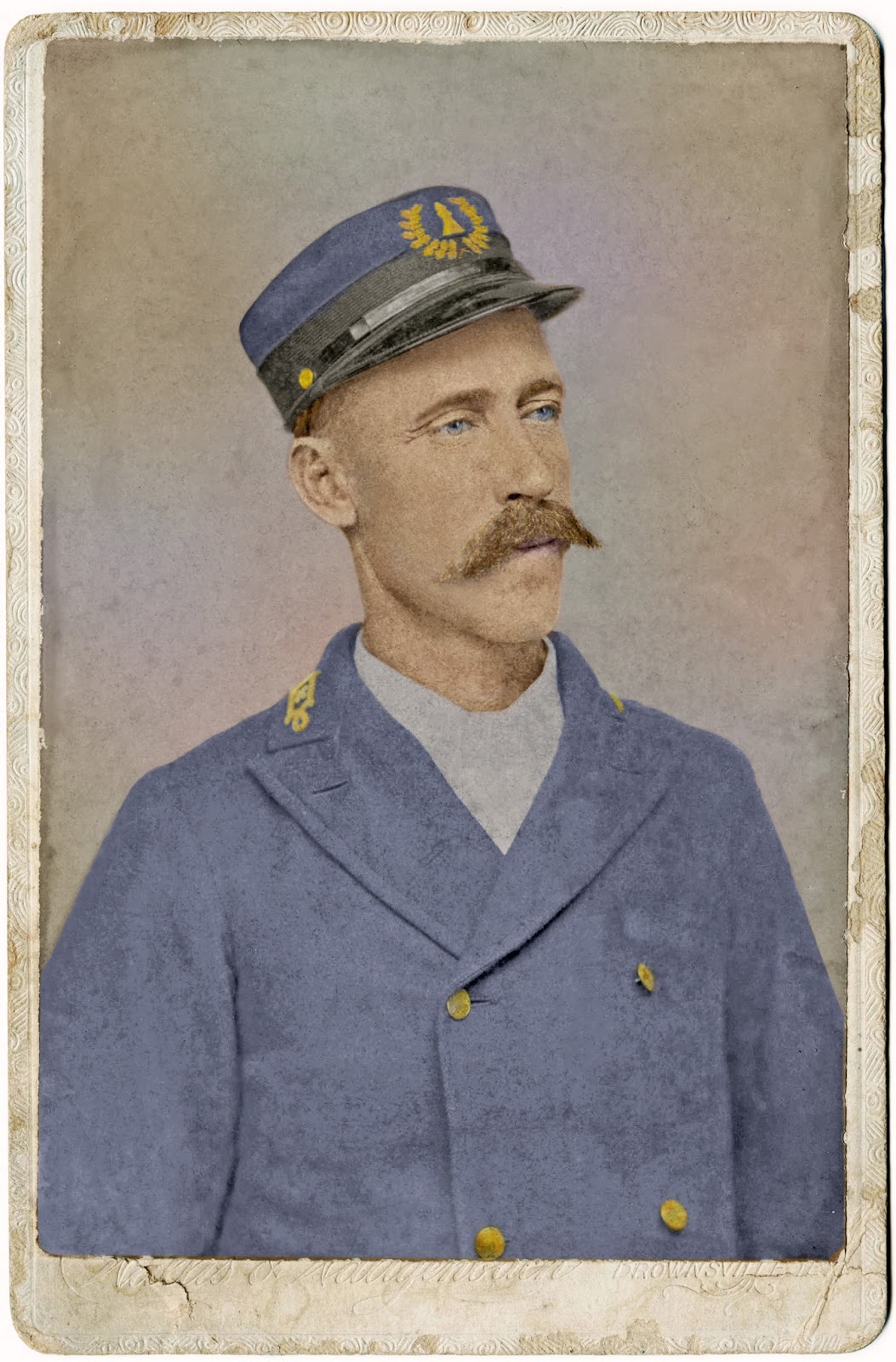

And I doe alsoe give unto him the said Mingoe the Custody and keeping of my Light houses Att Harwich, and the somme of Twenty pounds a yeare of lawfull money of England during the Terme of his naturall life for his paines therein …. I Sir William Batten of London Knight being in good health of body & of sound and perfect mynd memory and understanding (praised be Almighty God) doe make ordaine publish and declare thro my last will and Testament after my decease item: I give and bequeath to my servante Mingoe a Negroe that now dwelleth with mee the somme of Tenne pounds to be paid within Twelve monethes next after my decease.

(Note: Spelling and grammar from the will) The following is taken directly from Sir William Batten’s Will. Sir William’s Will (see below) passed the ownership of the Harwich lights to his heirs and passed the keeping of the lights to his faithful servant (slave) Mingo. The lighthouses began operation in January 1665 and Sir William died on October 5, 1667. Sir William Batten’s chance to reap personal riches from his new lighthouses was very short lived. It is therefore highly impolitic to introduce them as servants here, where that rigour and severity is impracticable, which is absolutely necessary to make them useful.”
#Famous lighthouse keeper free#
“The practice of importing Negro servants into these kingdoms is said to be already a grievance that requires remedy, and yet it is every day encouraged, insomuch that the number in this metropolis only, is supposed to be near 20,000 the main objections to their importation is, that they cease to consider themselves as slaves in this free country, nor will they put up with an inequality of treatment, nor more willingly perform the laborious offices of servitude than our own people, and if put to do it, are generally sullen, spiteful, treacherous, and revengeful. The Gentleman’s Magazine of London in 1764 described the practice as follows: While most of the English population deplored slavery, it was not until 1833 that slavery was finally outlawed in England. Notices for runaway slaves were a common feature within local newspapers during the 1600s and 1700s. Young Black boys were particularly prized and used at the door of the master’s home to greet guests and collect the guest’s card, on a silver tray, for presentation to their master. They were dressed in ruffles, lace and satin and made to act as show pieces of the household and were expected to be at the constant beck and call of their masters and mistresses, who took them everywhere in an attempt to flaunt their wealth. The members of English society often regarded these servants as status symbols. It was often unclear whether servants were actually free or slaves. Others really were servants, and were paid a small wage for their work. However, in England itself, many blacks were slaves working under the euphemism of being domestic servants. This practice was usually associated with their plantations and other holdings in the Caribbean. People of African origin had been a part of English society since Roman times and in the 1600s and 1700s the English aristocracy were often slave owners. An interesting sidelight of the early Harwich lighthouses under the ownership of Sir William Batten is the story of Mingo, possibly the first black lighthouse keeper in England. He knew the idea of private lighthouse ownership was contrary to the policy of the Trinity House, but he used his position to lay the groundwork to obtain his lighthouse patent grant. He determined that the port of Harwich, which housed a significant British naval yard would be a profitable choice. Batten had long wanted to obtain the grant of a patent for a lighthouse and for several years he had been looking for an appropriate location for such a light. In the following year he became Deputy Master to Sir George Carteret who had succeeded him as Master, which allowed him to continue to reap the rewards of his office.

Sir William Batten, the Royal Navy Surveyor, was elected Master of the Trinity House in 1663 and took every personal advantage of his position during his time in office.


 0 kommentar(er)
0 kommentar(er)
